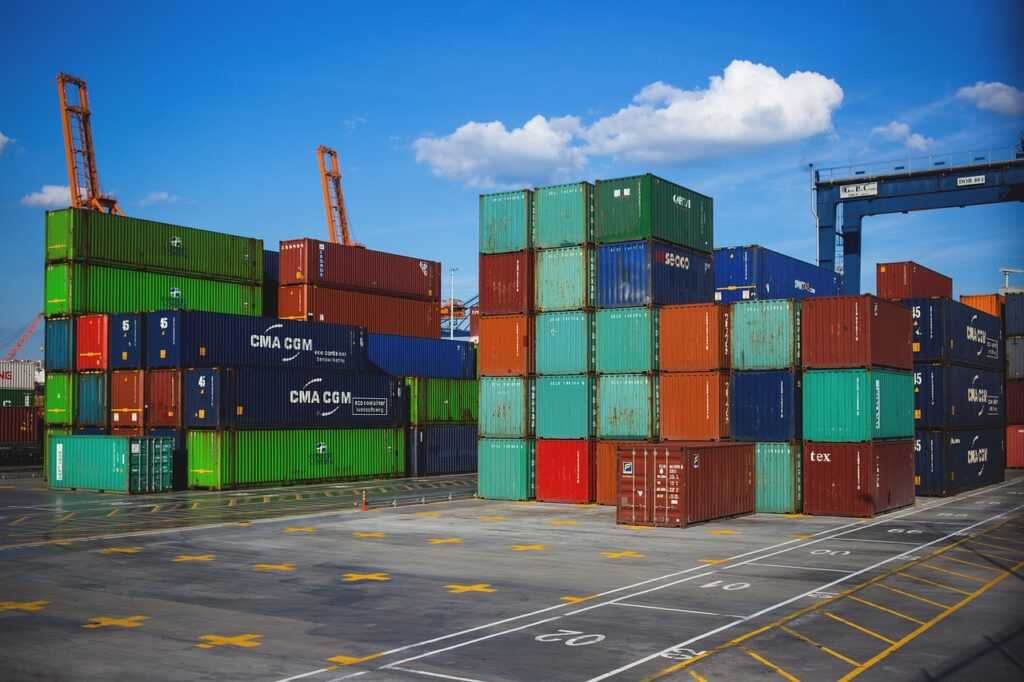Overview of Recent Trade Agreements
Recent trade agreements reshape global economic landscapes by removing barriers, creating opportunities, and fostering cooperation between nations.
Impact on Global Supply Chains
New trade agreements streamline global supply chains. By eliminating tariffs and simplifying customs procedures, these agreements reduce costs and transit times.
For example, the USMCA improves trade efficiency between the US, Mexico, and Canada by updating regulations and supporting digital trade.
This transparency enhances supply chain predictability and reduces delays, enabling companies to manage inventories more effectively and respond swiftly to market changes.
Role in Economic Recovery Post-Pandemic
Trade agreements play a crucial role in economic recovery following the pandemic. They stimulate growth by opening new markets, encouraging foreign investments, and creating job opportunities.
The Regional Comprehensive Economic Partnership (RCEP), for instance, connects Asia-Pacific economies, fueling regional growth by lowering trade barriers.
Such agreements facilitate the sharing of technology and best practices, accelerating recovery and resilience building in post-pandemic economies.
Key Players in New Trade Agreements
New trade agreements are transforming global economic cooperation, driven by several key players that focus on reducing barriers and fostering mutual growth.
Major Countries Involved
Several major countries are pivotal in shaping new trade agreements. The United States, China, and Germany are among the top leaders, driving extensive economic policies impacting global trade.
For instance, the United States-Mexico-Canada Agreement (USMCA) has streamlined trade across North America, while China’s involvement in the Regional Comprehensive Economic Partnership (RCEP) connects it with 14 Asia-Pacific nations.
Germany, as a leading EU economy, plays a critical role in the European Union’s trade policies and agreements with external nations.
Influence of Multinational Corporations
Multinational corporations (MNCs) significantly influence new trade agreements. Companies like:
- Apple
- Toyota
- Unilever
advocate for regulations that facilitate smoother international operations.
Apple benefits from reduced tariffs and improved supply chain efficiency under the USMCA. Toyota’s operations across Asia are optimized by the RCEP, while Unilever’s extensive European and global market reach relies on EU trade policies.
These MNCs drive economic growth and innovation by leveraging trade agreements to expand their global presence.
Benefits of Enhanced Global Economic Cooperation

New trade agreements are transforming global economic cooperation, offering numerous tangible benefits.
Growth in Emerging Markets
Emerging markets benefit significantly from enhanced economic cooperation. Trade agreements reduce tariffs and barriers, making it easier for these nations to export goods and services.
For example, countries in Africa participating in the African Continental Free Trade Area (AfCFTA) see increased trade volumes and GDP growth.
International companies, drawn to these markets by favorable conditions, invest in local infrastructure and job creation. As a result, emerging markets experience accelerated economic development and improved living standards.
Strengthening of International Relations
Enhanced global economic cooperation strengthens international relations. Trade agreements create interdependence, fostering diplomatic ties and political stability.
For instance, the European Union (EU) has used trade policies to bolster unity among member countries, reducing the likelihood of conflicts.
Countries like Japan and South Korea, through agreements such as the Comprehensive and Progressive Agreement for Trans-Pacific Partnership (CPTPP), collaborate closely, enhancing trust and cooperation.
This strengthened rapport contributes to global peace and stability, benefitting economies worldwide.
Challenges and Criticisms
New trade agreements often face scrutiny despite their potential benefits.
Concerns Over Environmental Impact
Critics argue that trade agreements can harm the environment. Increased production and transportation activities, driven by new trade opportunities, lead to higher greenhouse gas emissions.
For example, the expansion of manufacturing hubs in developing countries often results in deforestation and increased pollution. Regulatory disparities across nations make it challenging to enforce uniform environmental standards.
Thus, although economic growth accelerates, environmental sustainability may suffer.
Potential for Economic Disparity
- Economic disparity remains a significant issue with new trade agreements.
- Major economies and multinational corporations benefit, smaller businesses and less developed regions may struggle to compete.
- Local farmers and small-scale producers in emerging markets often find it difficult to survive against large agribusinesses.
- Trade liberalization can lead to job losses in sectors unable to compete globally, exacerbating income inequality.
- Balancing economic gains with equitable growth becomes essential to address these disparities effectively.




